
Degenerate
To be cast out, to be marked as wrong for the abuses done to us, to feel like something that does not belong—these are the wounds that shape us. Shame seeps into the body, teaching us to apologize for our own existence, to assimilate for survival. But betrayal is a doorway. Humiliation is an initiation. To degenerate is not to fail but to come undone, to let terror and alienation decay so that something untamed and unbound can rise in its place. Breaking apart is not the end—it is the beginning of something the world has no name for.

Dystopian Beauty
When everything feels like it’s unraveling—governments failing, ecosystems collapsing, society fracturing—it’s easy to believe beauty has no place. But real beauty isn’t separate from destruction; it is woven into it. It emerges in the cracks of broken systems, in the rawness of survival, in the stark, unfiltered truth of the present. This is not about romanticizing suffering—it’s about refusing to look away, about seeing what is instead of retreating into illusion. In a world slipping deeper into dystopia, the ability to witness beauty in the wreckage is not just an act of perception, but an act of defiance.

Fracture meets form
The breaking point is where evolution happens. Fracture isn’t failure; it’s the raw material for something more whole, more alive. These times demand that we meet rupture with courage, that we lean into the places where everything cracks open and reassemble ourselves with deeper truth. When fracture meets form, new possibilities emerge—not despite the break, but because of it.
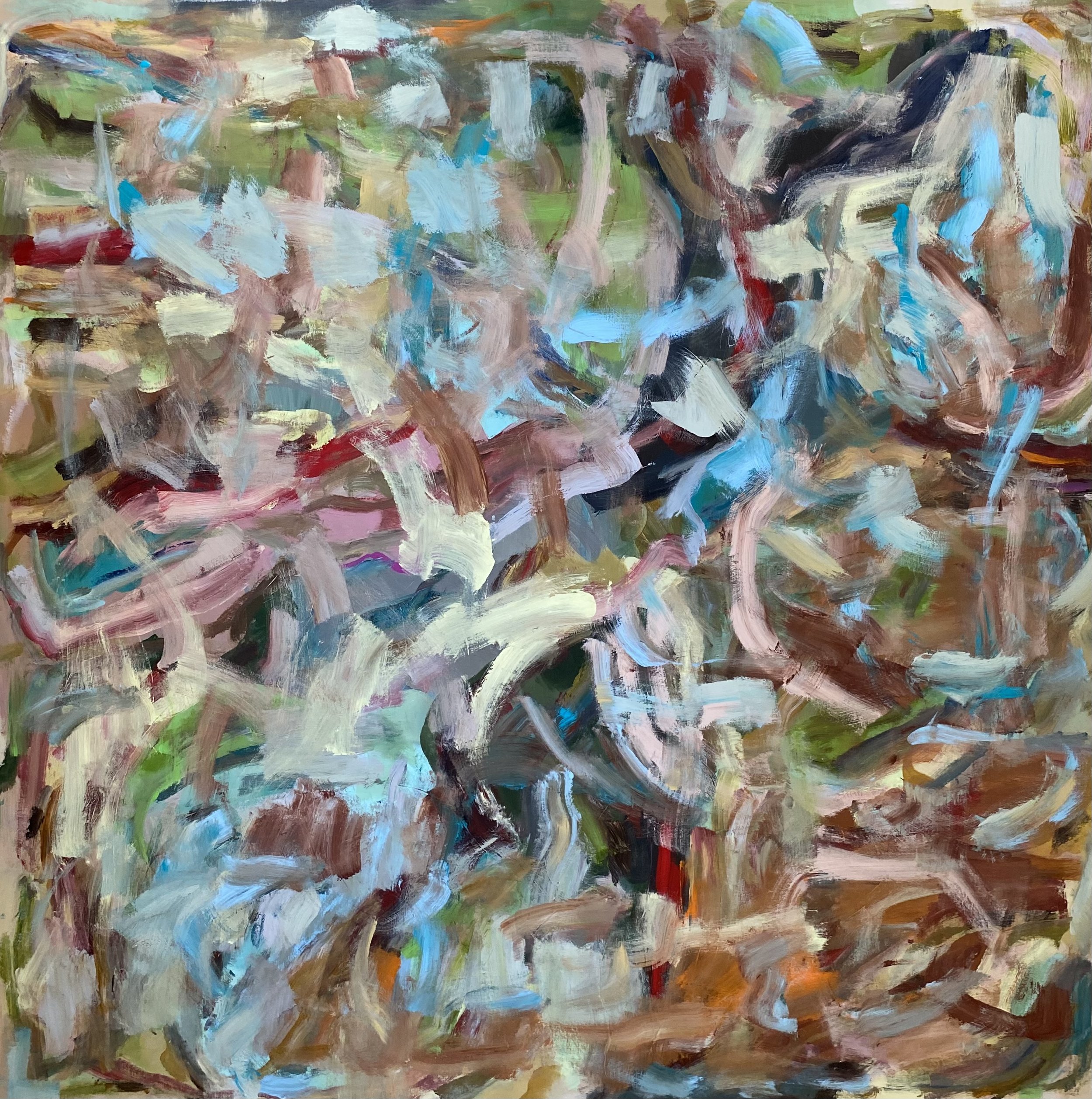
Disobey
Disobedience isn’t just an act of defiance—it’s a return to ourselves. When we shake off the chains of generational conditioning, socialized trauma, and the pressure to perform or conform, we make space for something raw, real, and alive. Trembling, resistance, upheaval—these are not signs of weakness but of transformation. True healing demands we disobey what keeps us small, reclaim what was stripped away, and step into the wild unknown of our own power.

Sea Foam
Sea foam is born from movement, from the relentless dance of water and wind. It is both a sign of life and a force of transformation—a reminder that agitation isn’t just destruction but creation in motion. From myth to ocean, it speaks of beauty rising from chaos, of Pegasus and Aphrodite, of unseen forces shaping what we become. What if, instead of resisting the churn, we trusted it to reveal something new?

Dangerous Places To Revisit
Some memories feel too dangerous to revisit, but avoiding them doesn’t make them disappear. True healing isn’t about forcing ourselves to relive the pain—it’s about growing the capacity to face it with presence, resilience, and the right support. When we have the tools to sit with what once shattered us, those fragments stop being threats and start becoming the raw material of our power.
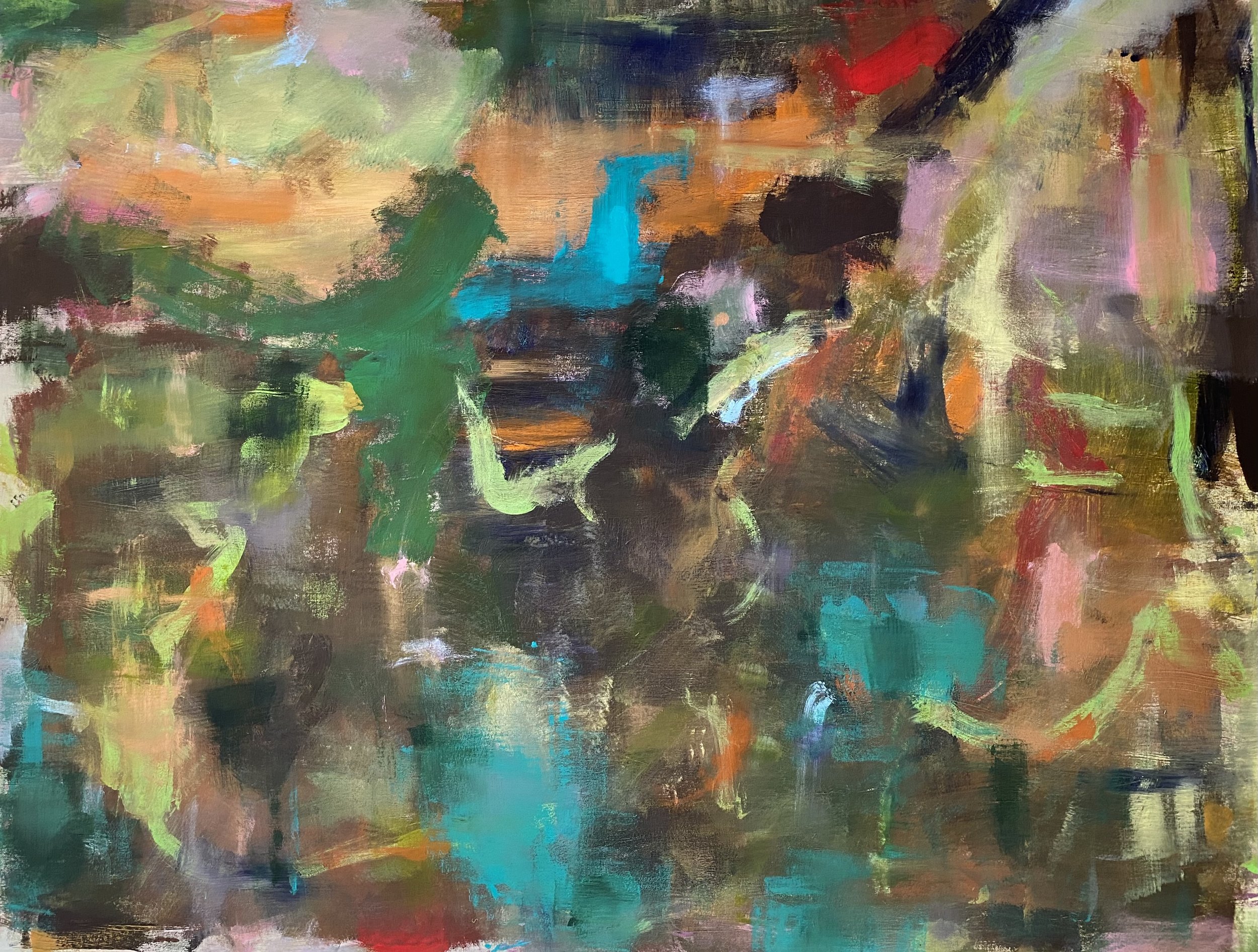
Collective Survival
Survival is not about dominance or isolation but about connection. As mammals, our nervous systems are wired for co-regulation—our well-being depends on the presence and support of others. The myth of self-sufficiency fractures us, while true strength lies in community, trust, and shared safety.
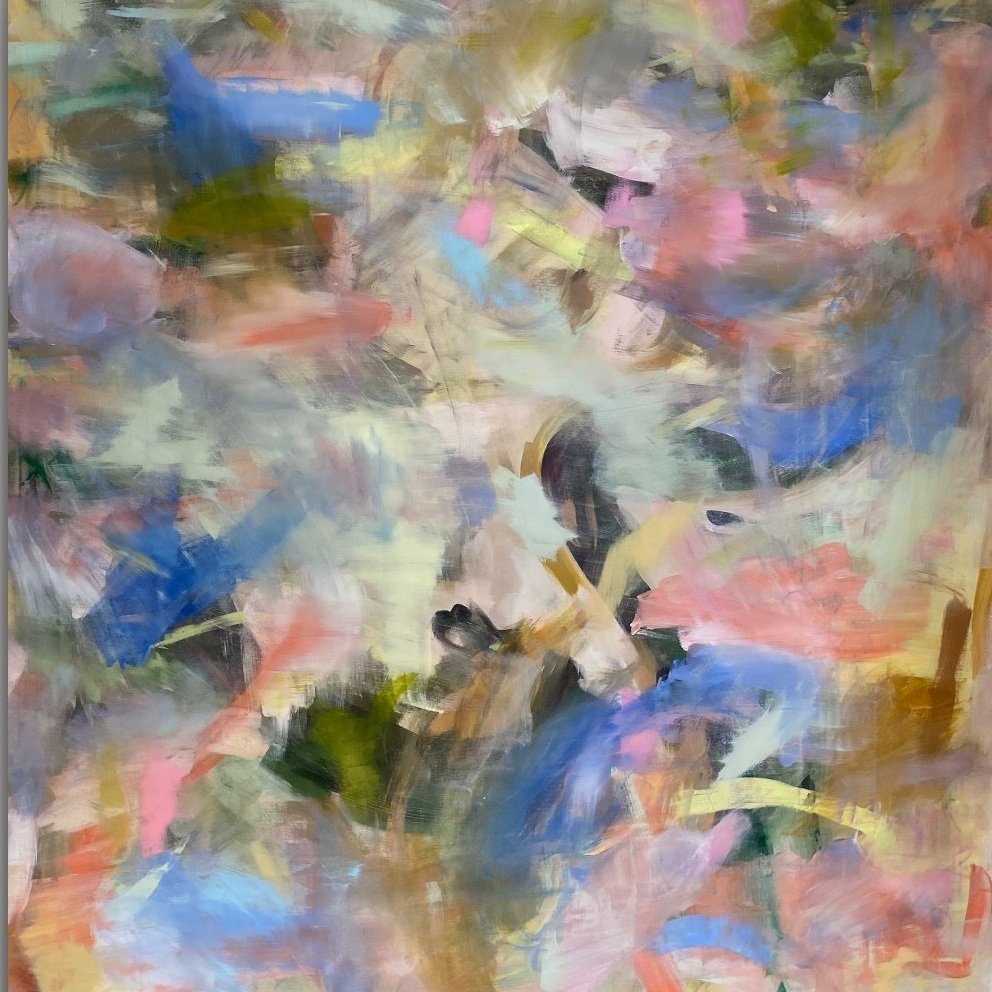
Outrun The Will Of The Gods
The gods may have written our fate, but we are not passive characters in their script. We are the ones who twist prophecy into possibility, who choose defiance over surrender. The struggle against destiny is not about escape—it’s about claiming the power to shape how the inevitable unfolds. To outrun the will of the gods is not to deny fate, but to demand our place in its making.
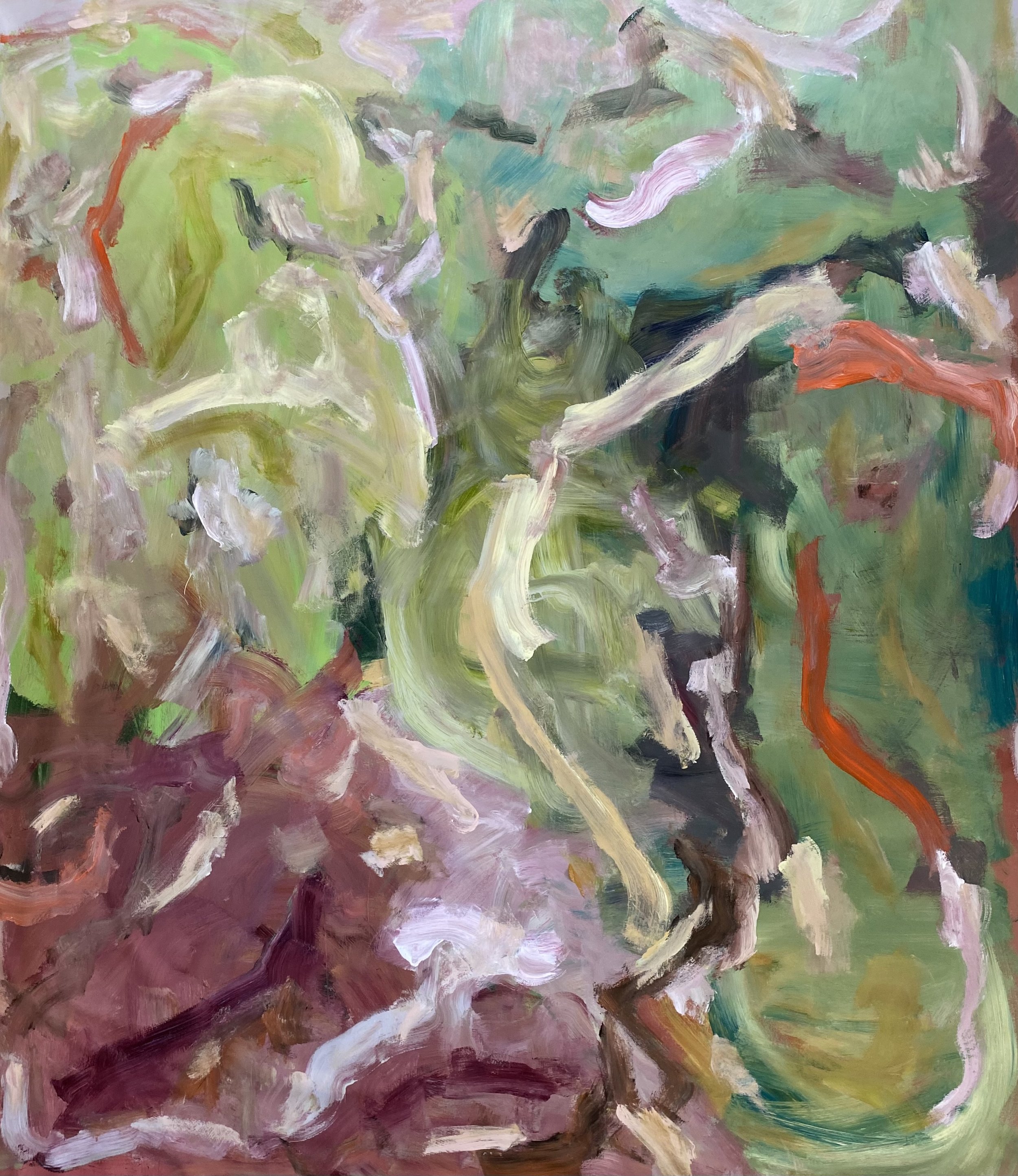
What mattered, still matters
The past doesn’t simply disappear—it lingers, shaping who we are and who we become. Healing isn’t about erasure; it’s about integration, about listening to what still echoes and understanding how it wants to move forward with us. What mattered, still matters—not as something to escape, but as something to honor, transform, and carry with intention.

Amythest
Healing isn’t about forcing change—it’s about allowing it. Like light passing through crystal, transformation happens when we soften into what is, rather than grasping for what should be. The tension between longing and surrender dissolves when we trust the unfolding, making space for clarity, resilience, and the radiance already within us.

Unreachable Moments
We spend our lives chasing moments—memories that haunt us, futures that won’t arrive fast enough, feelings that slip through our grasp. But true freedom comes in surrender. The present holds everything we seek, yet we resist it, believing fulfillment lies elsewhere. When we stop grasping and fully inhabit what is, we unlock the very thing we’ve been chasing.

Parts
We are made of many parts—some we embrace, others we reject. But healing isn’t about erasing the pieces that don’t fit neatly into our narrative; it’s about giving them a seat at the table. The parts that lash out, shut down, or sabotage aren’t enemies—they’re protectors, shaped by past wounds. When we stop fighting them and start listening, we unlock the power to heal, integrate, and step into our full potential. True transformation begins when we make peace with every version of ourselves.

Samghatta
Growth is forged in collision—the meeting of light and shadow, longing and resistance, past and future. The sun and moon do not simply coexist; they press into each other, their rays colliding to create something greater. We, too, are shaped by friction. It is in the tension, the impact, the edges of experience where new life takes root. Transformation is not gentle—it burns, it blinds, it breaks us open. But in that breaking, we are revealed.
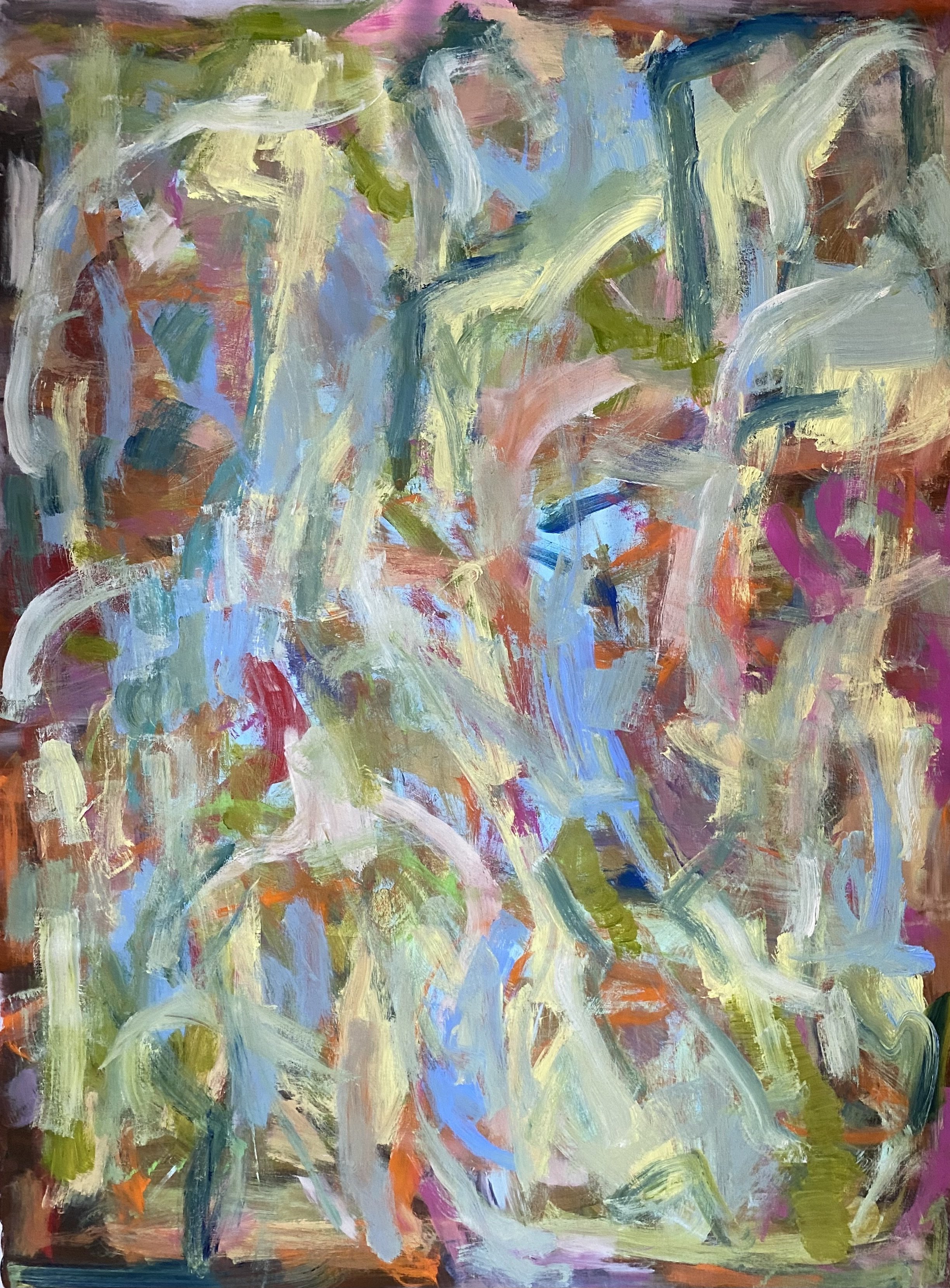
Languid Shades
We are conditioned to push forward, to resist stillness, to fear the quiet moments where nothing seems to happen. But what if those spaces—the languid, heavy pauses—are where the deepest shifts take root? This reflection explores the wisdom found in waiting, in resting, in surrendering to the in-between. Not every silence is empty, not every lull is stagnation. There is life forming in the quiet, meaning unfolding in the stillness. The question is—can we let ourselves stay long enough to witness it?
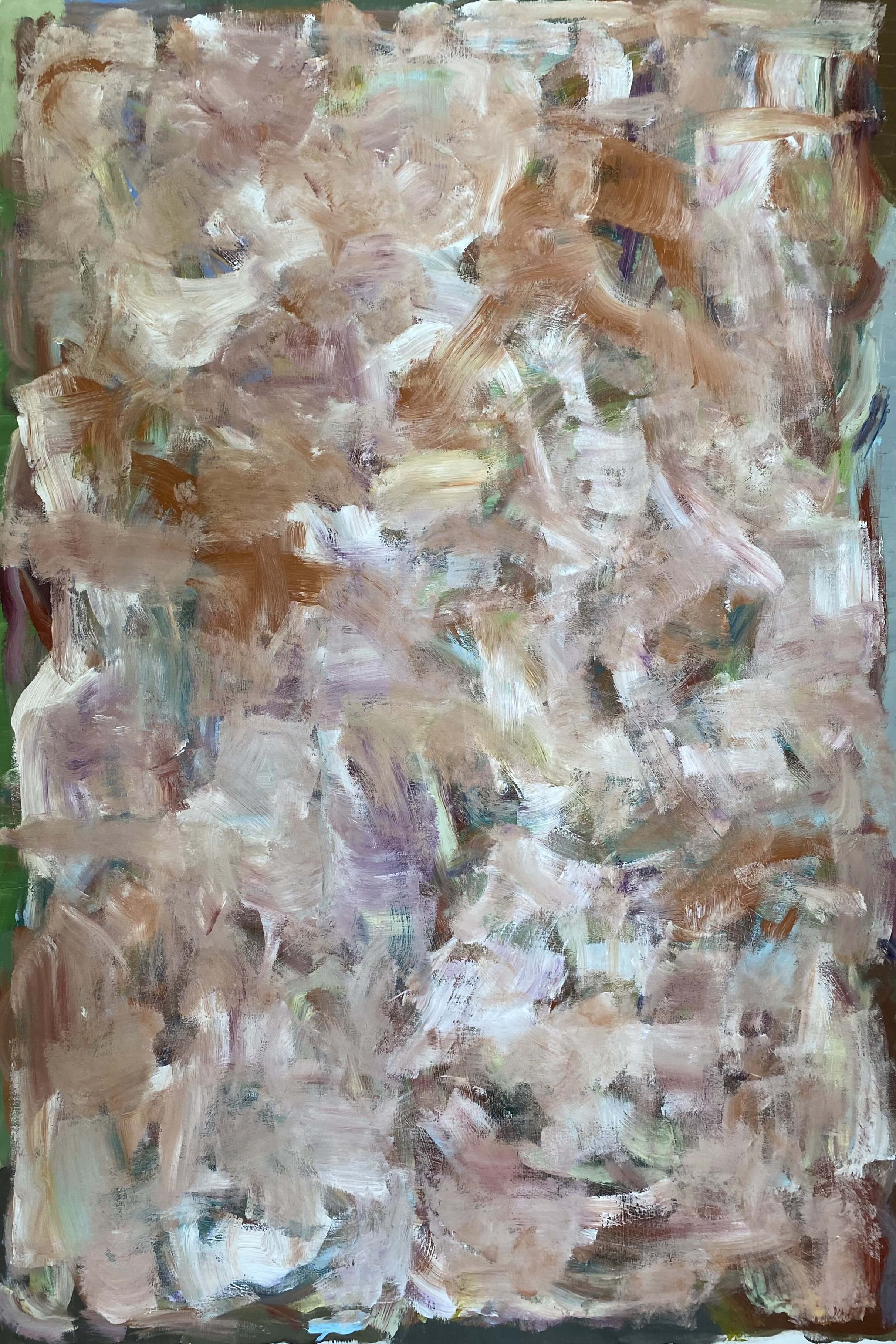
Remnants of Meaning
Some things fade, but others refuse—memories, histories, and the weight of what came before. We carry the remnants of the past in our bodies and minds, shaped by what lingers and what was left unfinished. The question is not just what remains, but how we engage with it. Do we stay trapped in old wounds, or do we transform them into something new? Meaning is not static—it is something we shape, something we reclaim. Not everything that lingers is meant to haunt us; some remnants are maps, guiding us toward where we begin again.
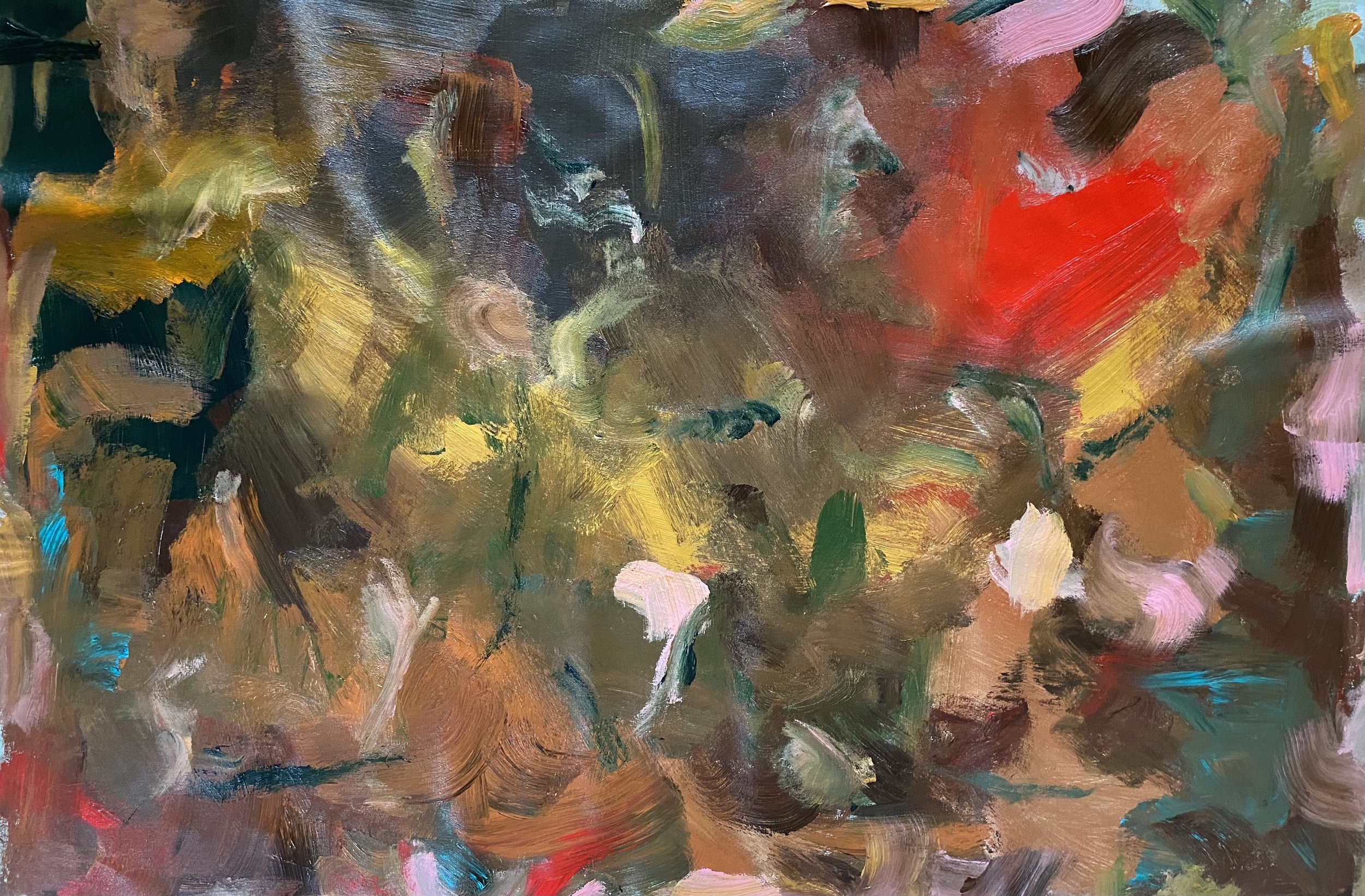
Dissonance of the Times
We live in an era of deep contradiction—where truth and illusion blur, where progress and regression collide, where the world demands we adapt while pulling us back into old wounds. This dissonance isn’t just external; it reverberates through our bodies, our relationships, our sense of belonging. In the static of competing realities, we are called to listen deeper, to find coherence within ourselves even when the world refuses to make sense. If chaos is the language of the times, then healing is an act of translation—an insistence on clarity, on wholeness, on reclaiming a sense of meaning when everything feels out of tune.

One More Smile
Some smiles are worn like armor, a reflex of survival in a world that rewards performance over truth. Beneath them lingers exhaustion, unseen grief, and the weight of unspoken stories. But healing is not about discarding the past—it is about reclaiming the self that was buried beneath expectation. It is about learning to recognize the difference between a smile given to please and one that rises unbidden, born from authenticity, from wholeness, from the quiet knowing that even in our most fractured moments, we are worthy of being seen as we are.

Royal Road
The path to wisdom and wholeness is not one of ease but of reckoning, surrender, and transformation. The Royal Road does not offer shortcuts or false certainty; instead, it demands deep presence, resilience, and the willingness to face the unknown. True power is found not in evasion but in meeting the journey fully—every descent, every moment of uncertainty shaping the traveler as much as the road itself.
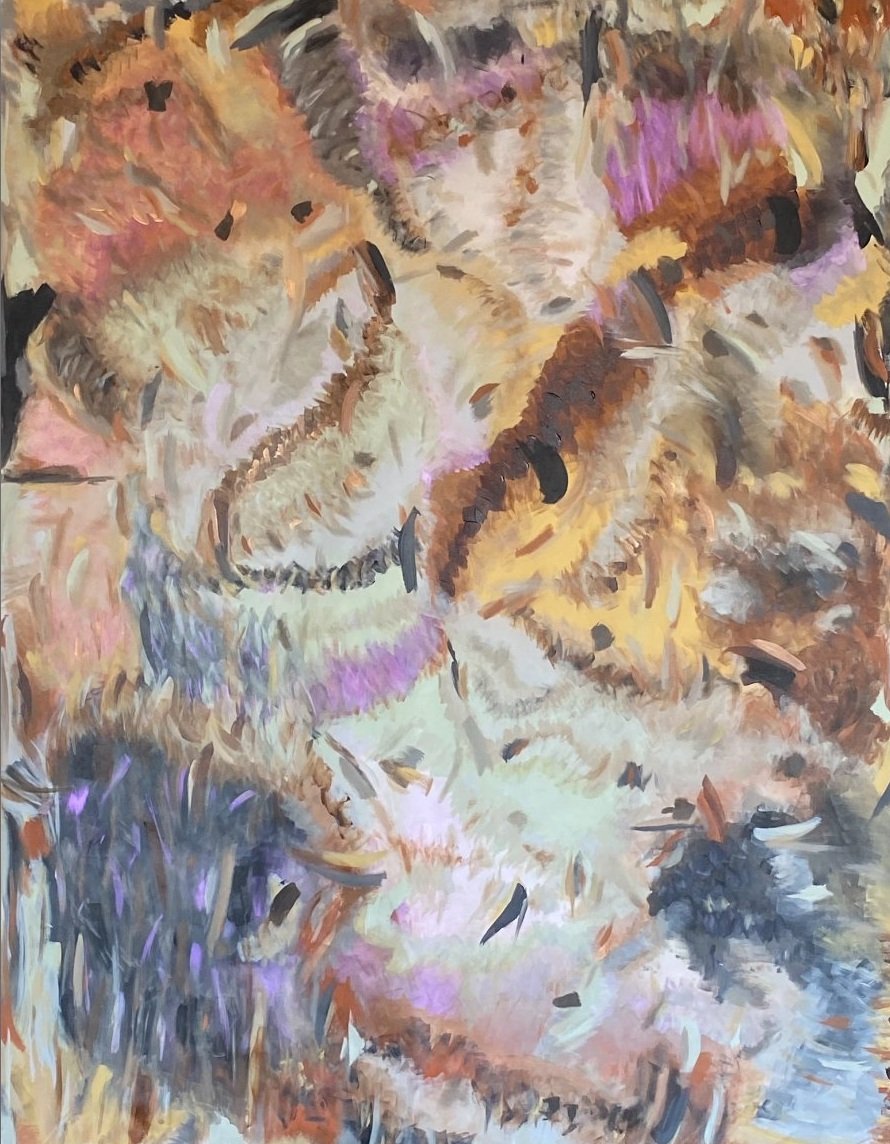
Lessons in Chaos
Chaos isn’t destruction—it’s transformation in motion. It breaks down what no longer serves, pushing us beyond our limits, demanding that we grow. Though it feels disorienting, chaos is not the enemy; it’s an initiation, stripping away illusions and making space for something new. Learning to move with it, rather than resist it, is where real power lies. What if, instead of fearing collapse, we saw it as the beginning of something greater?

Grief Walker
Grief is not something to fix or outrun—it’s something to walk with, a presence that ebbs and flows, reshaping us as we go. It isn’t linear, and it doesn’t demand closure. It asks only for space, for breath, for the courage to feel. In grief, love still lives, whispering that what mattered, still matters.